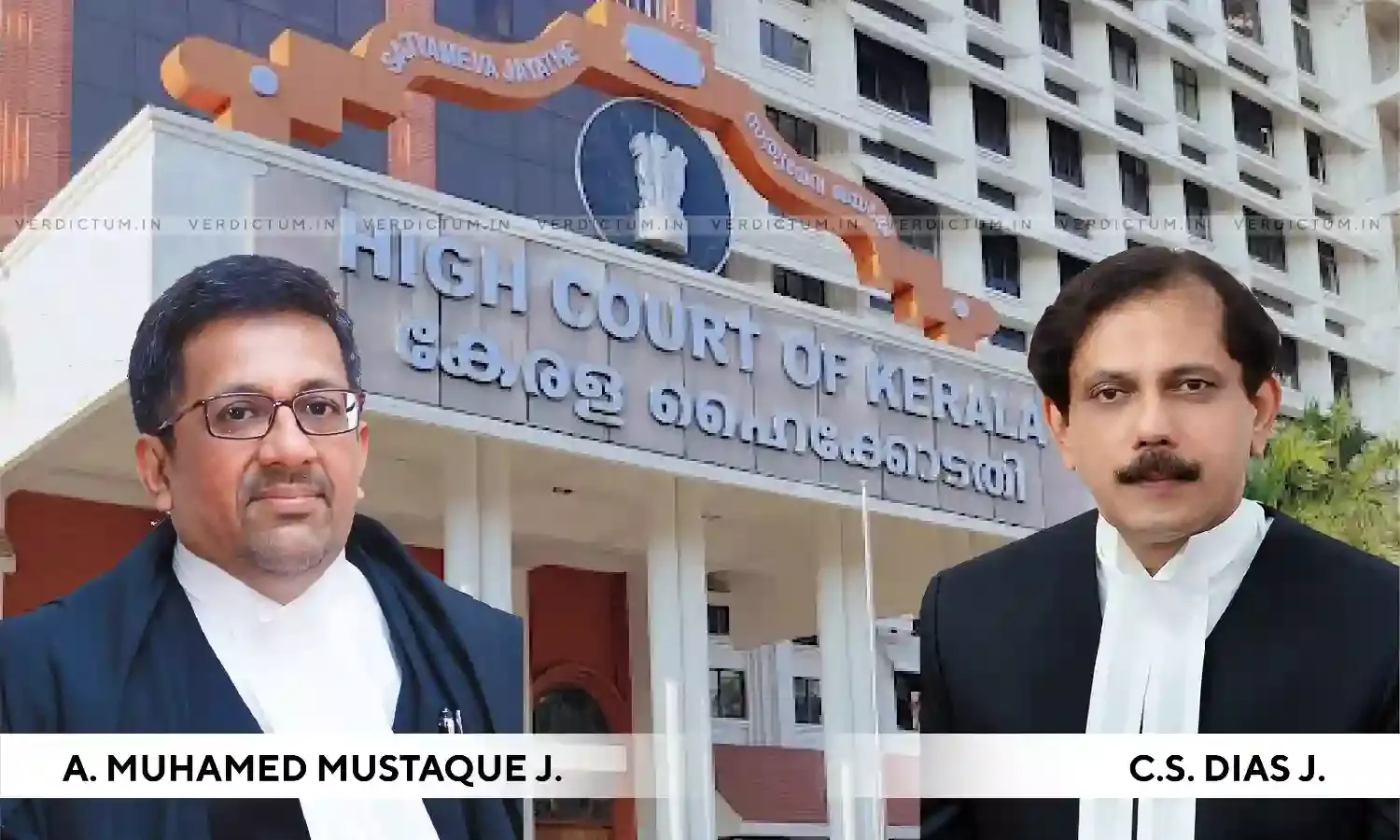Court Shall Not Surrender To Opinions Of Islamic Clergy Having No Legal Training: Kerala High Court

The Kerala High Court has held that Islamic clergy who have no legal training cannot be relied upon by the Court to decide on a point of law involved, relating to the personal law applicable to the Muslim community.
While dealing with a review petition, the bench of Justice A. Muhamed Mustaque and Justice C.S. Dias held thus "Islamic clergy who have no legal training or knowledge in legal sciences, cannot be relied upon by the Court to decide on a point of law involved, relating to the personal law applicable to the Muslim community. The Courts are manned by trained legal minds. The Court shall not surrender to the opinions of the Islamic clergy, who have no legal training on the point of law."
Advocates Babu Karukapadath and P.U. Vinod Kumar appeared for the review petitioner whereas Advocate P. Narayanan appeared for the Respondent.
The Court was dealing with a review petition which arose from an appeal challenging a divorce decree granted to a Muslim wife under the Dissolution of Muslim Marriages Act, 1939. The appeal was filed by the husband.
In the appeal, the Court noticed the existence of the right of Muslim women to resort to the extra-judicial divorce of khula, allowing her to terminate her marriage.
In the review petition filed by the husband, he had sought a review of the procedure acknowledged by the Court to invoke the remedy of khula by the Muslim wife.
Contentions of the Counsel
According to the counsel for the review petitioner and Advocate Hussain C.S. a Muslim scholar turned lawyer, the Court had erred in recognising the procedure in effecting khula.
According to them, though a Muslim woman has a right to demand divorce of her own will, she has no absolute right to pronounce khula like the right of her counterpart to pronounce talaq.
It was submitted that, as a consequence of the declaration of law by this Court, a large section of Muslim women are resorting to khula in derogation of the Sunnah.
It was argued that nowhere in the world, a Muslim wife is allowed to unilaterally terminate the marriage.
According to Advocate Hussain C.S., although the Quran grants women the right to obtain khula (verse 2:229), it does not prescribe a procedure for the same. In such an instance, the counsel submitted that the correct procedure for khula can be evidenced from the Hadith of Thabit.
The counsel further submitted that all Muslim scholars, irrespective of their schools of thought, are unanimous in their opinion that khula is a divorce by mutual consent or agreement, with the acceptance of the husband being an essential element for a valid khula.
Court's Observation
The Court observed that "The dilemma that persisted, in this case, is, perhaps, more related to the practice that has been followed for years, overlooking the mandate of the legal norm conferring on Muslim women the right to terminate the marriage without the conjunction of the husband."
The Court noted that ordinary scholars and the Islamic clergy, who have no formal legal training find it difficult to deduce Islamic law from its sources.
The Court further noted that the Quranic verse relating to khula found in Chapter 2, verse 229, in unequivocal terms, declares that a Muslim wife has the right to terminate her marriage.
The Court observed that "In the absence of any other method in the manner suggested by the counsel for the review petitioner and others,to effectuate the right conferred on Muslim women being prevalent in this country, the Court's authority in conferring upon Muslim women the right to invoke khula at her own will, will have to be respected."
The Court also noted that "So, assuming that the argument of the review petitioner holds good, in the absence of any mechanism in the country to recognize the termination of marriage at the instance of the wife when the husband refuses to give consent, the court can simply hold that khula can be invoked without the conjunction of the husband."
Therefore the Court dismissed the review petition.
Cause Title- XXXXX v. XXXXX
Click here to read/download the Order

